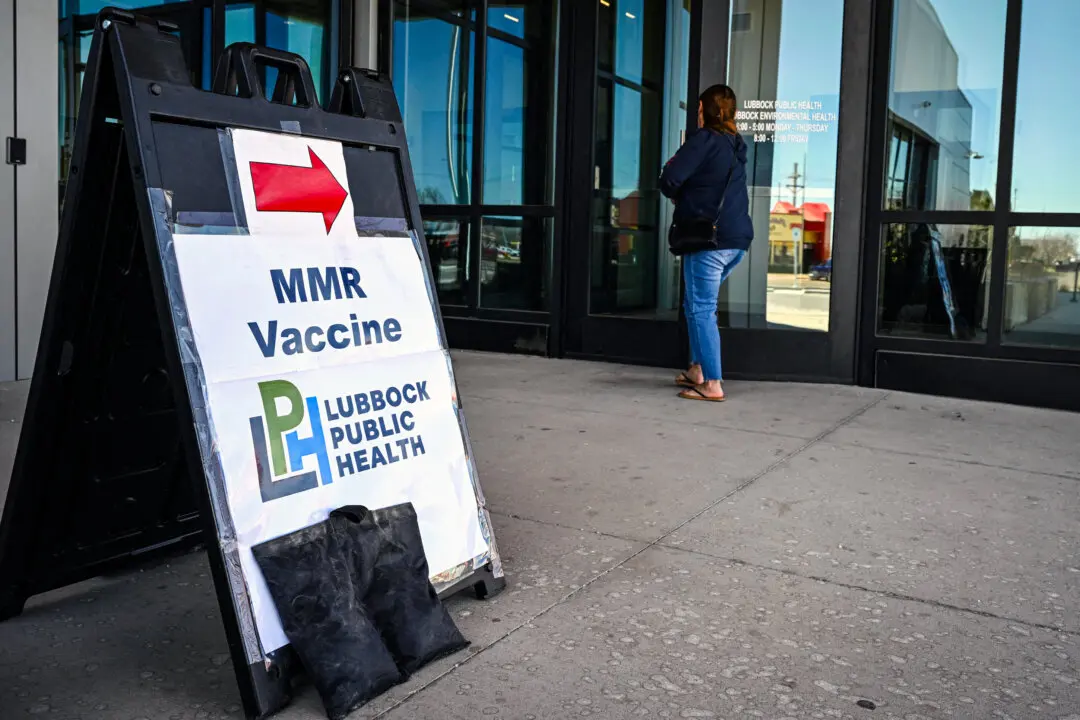Associate Justice Elena Kagan is warning against the Supreme Court not taking heed of the public after the court struck down Roe v. Wade.
Speaking in public on July 21 for the first time since the court’s momentous ruling in June, Kagan stressed the importance of the justices staying in their proper roles as judges and not dictating public policy.





